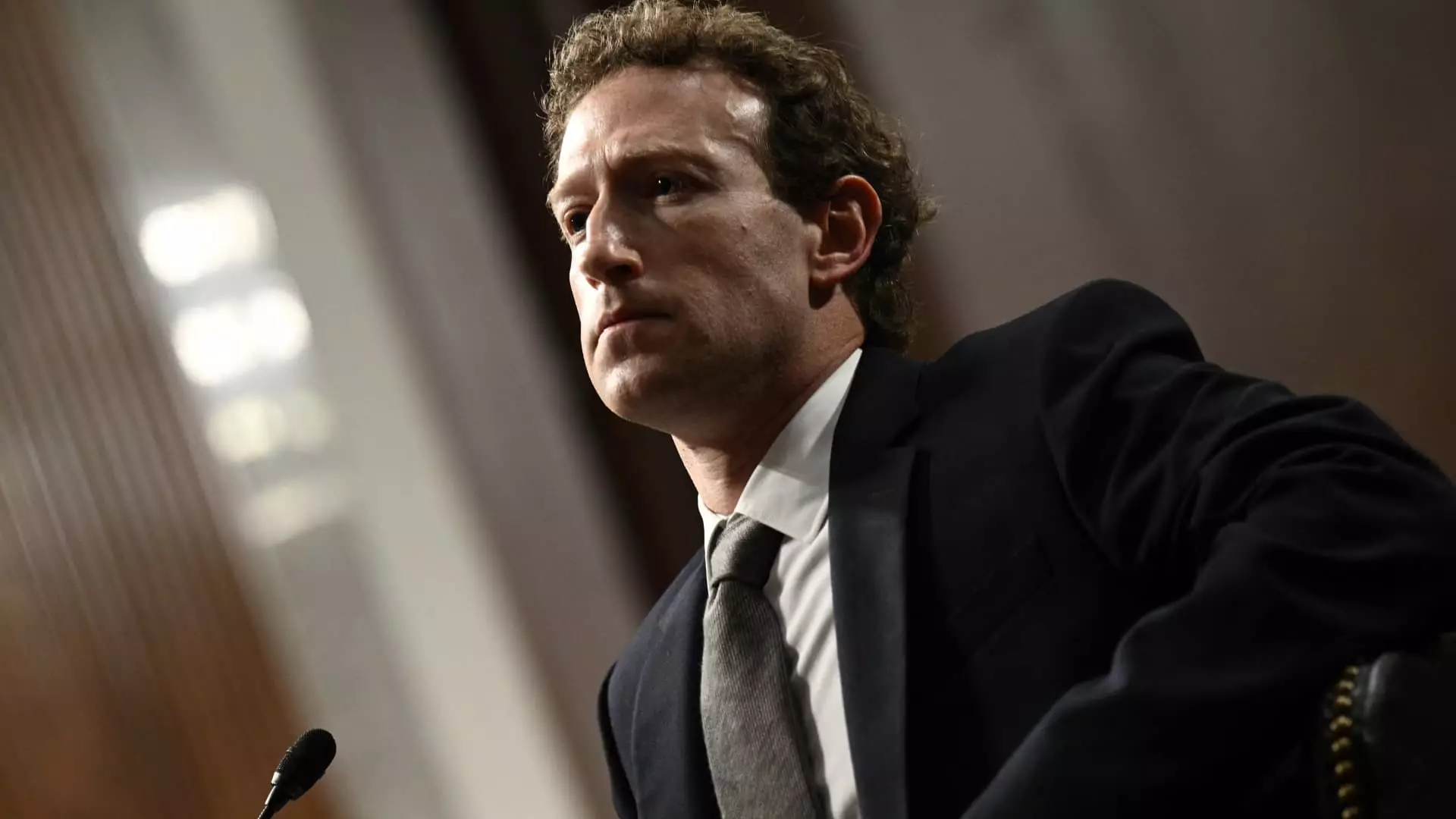In a significant restructuring move, Meta has decided to dismantle several internal programs aimed at fostering diversity, equity, and inclusion (DEI). This shift is particularly noteworthy as it coincides with the evolving political landscape in the United States, particularly the anticipated second term of President Donald Trump. The announcement was delivered by Janelle Gale, Meta’s VP of People, via the company’s internal platform. The implications of this decision are profound, raising questions about the future of diversity initiatives in major corporations. Meta’s recent changes appear to reflect both a reaction to external pressures and a recalibration of internal values.
Among the notable changes made by Meta is the elimination of its “Diverse Slate Approach,” which encouraged the consideration of qualified candidates from underrepresented backgrounds during hiring processes. This practice had long been the focus of debate, facing scrutiny from various sectors as perceptions of fairness shifted over time. Gale expounded that while the company would still aim to draw a diverse pool of candidates, it would no longer prioritize applicants based on their background. Furthermore, supplementary DEI training programs are being discontinued, replaced by a focus on consistency in hiring practices that claim to mitigate bias without preferential treatment.
Meta’s decision to terminate its diversity supplier program adds another layer to this narrative. The initiative aimed to support minority-owned businesses in its procurement process—a move that is now being scaled back in favor of a broader focus on small and medium-sized enterprises. Critics argue this change may undermine the progress made in diversifying the company’s supplier network.
In response to Gale’s announcement, numerous employees expressed their dissatisfaction, illustrating a divide in opinion within the workforce. One employee articulated a widespread concern: “If you don’t stand by your principles when things get difficult, they aren’t values. They’re hobbies.” This sentiment resonated with over 600 colleagues, highlighting the discontent among employees who valued the DEI initiatives as essential to the company’s culture and operational strategy. Discontent from within underscores the potential consequences Meta risks by retracting support for diversity-based practices amidst growing skepticism towards corporate accountability.
The vocal opposition comes as Meta has already faced scrutiny for other significant policy changes earlier in the month. The replacement of global affairs head Nick Clegg with Joel Kaplan—a figure associated with Republican ties—demonstrates a trend of aligning with a more conservative stance that some employees may perceive as a departure from socially progressive values.
The decision to reassess and ultimately abandon many DEI initiatives is tied to a larger shift in the legal landscape concerning affirmative action and diversity policies in the United States, particularly as influenced by recent Supreme Court rulings. Gale’s memo references a growing perception that DEI practices may unintentionally promote discrimination, igniting debates about fair hiring policies.
The changing political and legal realities appear to have precipitated Meta’s departure from an active focus on diversity considerations. The memo stresses that hiring should prioritize skill and capability over background, asserting that a commitment to diversity does not equate to preferential treatment.
As Meta pivots away from its previous equity-focused initiatives, the company asserts its commitment to serving a wide audience by creating cognitively diverse teams with varied experiences and perspectives. The challenge lies in translating this commitment into effective practices without the established DEI umbrella. Without the DEI framework, it raises doubts about how Meta intends to implement its stated goals of ‘serving everyone,’ particularly when traditional diversity measures have been abandoned.
Maxine Williams, Meta’s Chief Diversity Officer, will shift focus from DEI to accessibility and engagement—a transition that suggests an attempt to maintain some element of inclusive practices, but the effectiveness and reach of this new focus remain to be seen.
The unfolding situation at Meta serves as an important case study on the balance between corporate responsibility and legal compliance in an increasingly polarized environment. As Meta embarks on this new direction, the company must navigate the potential fallout from its employees, industry standards, and societal expectations. The road ahead will require careful consideration of how to maintain a commitment to inclusivity while aligning with evolving external narratives. Whether Meta’s strategy will resonate with its workforce and the communities it seeks to serve remains an open question, one that will require vigilant oversight and adaptability in a complex socio-political climate.

